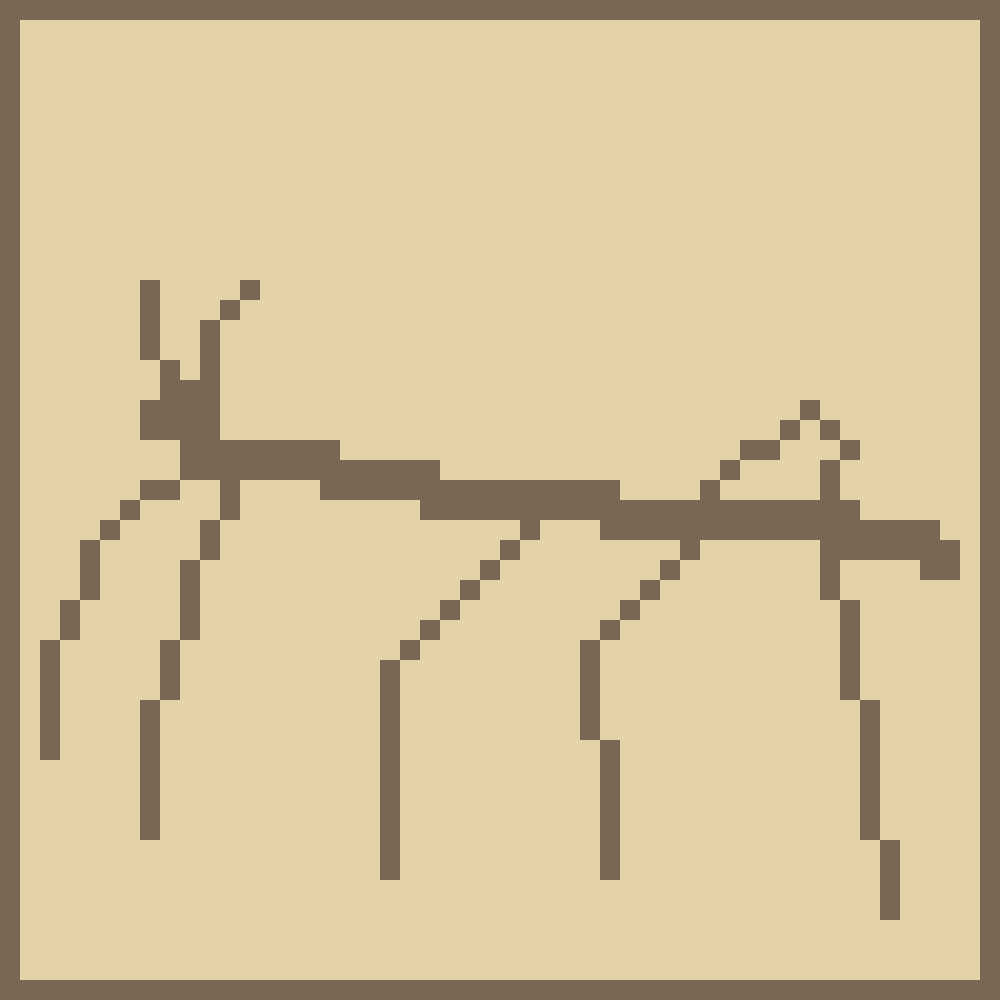Indika is a game that calls into question and compares the meaning of common game tropes, religion, and good vs evil. We play as Indika, a young nun residing in a cold and beautiful alternate version of 19th century Russia.
In the first 20 minutes, Indika very obviously compares the monotony of monastic life to overdone and arguably useless game design. Did I just trudge through grimy snow for 5 minutes to pick up a pale of potatoes? Did I really just spend another 10 filling up a bucket of water from the nearby well, only to have it nonchalantly poured out by one of my fellow nuns? This opening sequence sets a clear tone for the rest of the 3-4 hour experience and states the basis of the creator's intentions.
"The sisters loved Indika. Christian love is known to be patient, merciful, and faithful.
However, in a lowly, human sense, they didn't love her that much.
To be completely honest, they didn't love her at all."
At it's core, most of Indika's actual gameplay and puzzles can be likened to lots of other popular modern titles. Move thing here, jump there, escape whatever. However, layered amongst all of this gameplay is something else. Indika brings to light an itch. An itch a player feels throughout their many other gameplay experiences. An itch a human feels throughout their many human experiences. An itch you know is there, you just can't find it. Or, don't want to.
This item I'm bringing from one place to another, this book I picked up to gain some experience points, this skill tree I'm perusing to very slightly (or not at all) alter my gameplay experience - why?
The chores I do, the written rules I follow, the God I worship, the moral path that I walk, the sins that I avoid - why?
To boil it down to something more cliche and do it a bit of a disservice, Indika's non-meta commentary directly in the player's face is on good vs evil. Layering this with the meta commentary on a players relationship with the games they play is the icing on the cake. One of my favorite examples of this is during one hilariously in-your-face meta commentary puzzle, the following conversation plays out between your companion throughout the game, and two random men standing near you:
"What are you doing? Get down from there you f**king b*tch"
"I'm coming down. Why are you shouting still?"
"F**king holy sh*t. Where are you f**king going?"
"You're getting on my nerves."
"F**king silly cow."
"Shut up. Don't f**king talk to me."
Repeat ad nauseum, each screaming over each other, until you complete the puzzle that seems to have been placed there specifically as commentary on the constant overwhelming repetitive dialogue often scattered about many games. These little moments are spaced throughout the experience of the game. Faith and bleak gameplay tropes are questioned, better days are in the past for our main character (represented by a happy pixel-art, bright color palette world that Indika falls back to occasionally) and games as a (profitable) medium. Throughout my time with Indika, I questioned my own experience with both my human self as well as my time with the many games I've spent half of my life with. What is worth my time? Why am I doing the things that I am doing? Do I even care? Do I truly believe in the things that I say I do?
I leave this post with the following quote, spoken as it has become obvious to the player that Indika is questioning, or has always questioned, her faith:
"Free will. Choices.
Whenever we make a choice, don't we base it on our previous experience?
Don't we estimate all the possible benefits in our head?
And if we go against the rational don't we realize that we're being driven by our emotions, by our passions?
This "freedom" that God has "graced" us with.
Why would God need our so-called freedom if in the end,
He's only satisfied with strictly defined choices?"





